We’ve come a long way since 1959. But our stock in trade hasn’t changed – whether it’s exposing dodgy dealers or giving you the lowdown on products that go the distance.
June 1970: Breaking down doors
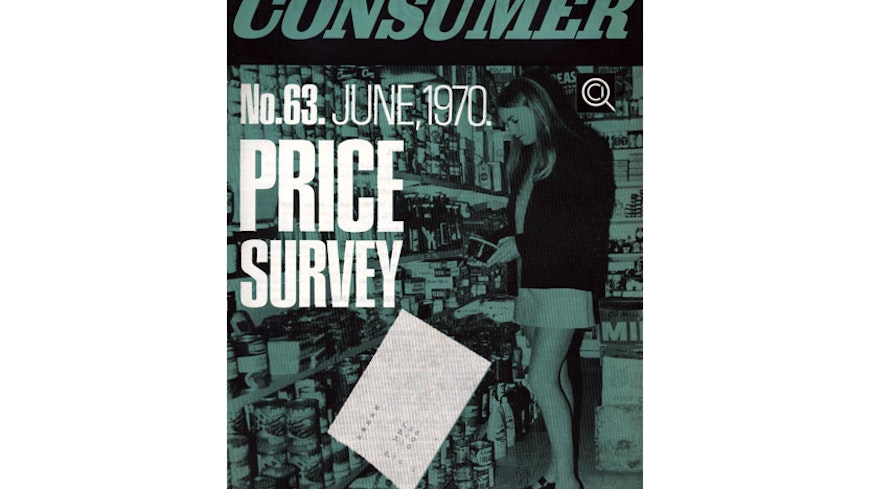
“Unintelligible to consumers”. That’s what our review of hire purchase contracts found. Most used legal and technical wording designed to bamboozle. Worse, many had grossly unfair terms – including clauses giving repossession agents the right to break down doors! Others claimed the retailer couldn’t be held liable for untrue statements made prior to the consumer signing the contract. To unscramble the jargon and make terms fair, we drafted a model hire purchase contract.
August 1970: Gimmick gone bad
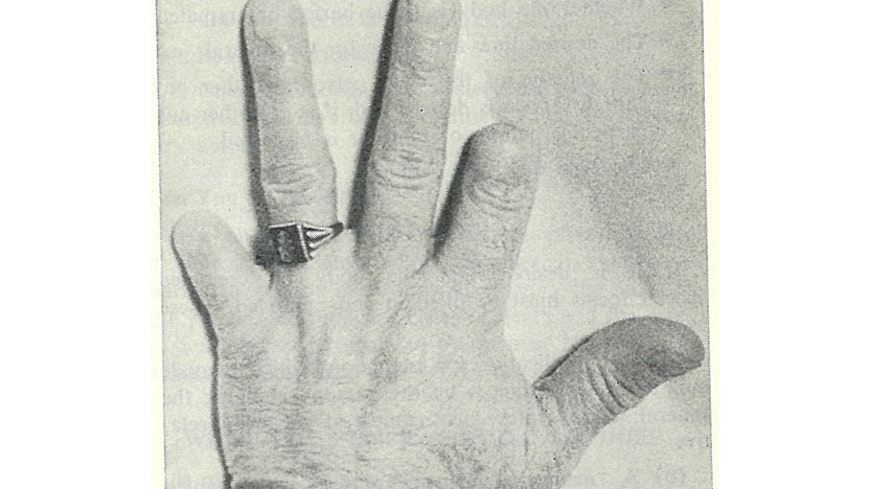
After a gimmick in daily newspapers showing a rotary mower being used sideways to cut a hedge by “New Zealand’s biggest All Black”, we felt compelled to advise our readers against trying this practice at home. We published a photo of a staff member’s hand with missing fingers due to a rotary mower accident. “Your hedge may thrive on blood and bone – don’t let it be yours,” we warned.
July 1972: Money down the plughole
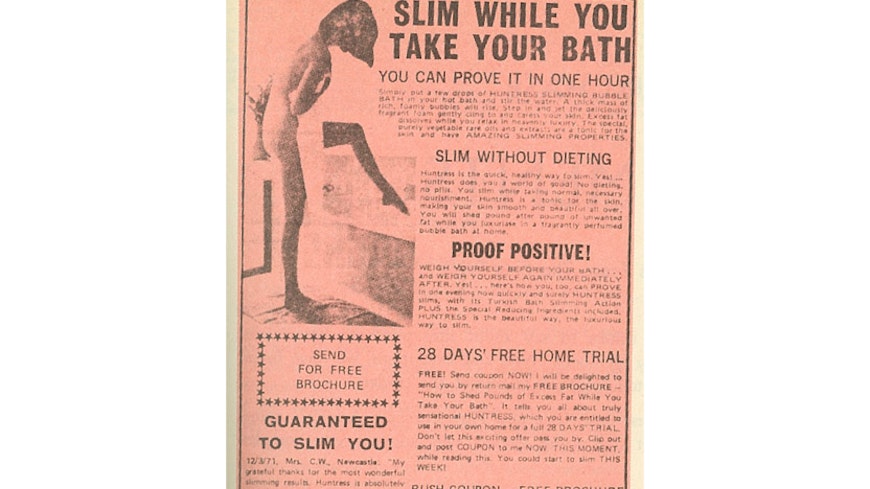
Soaking in a bubble bath helps you lose weight! That was the staggering claim for Huntress Slimming Bubble Bath. The product was shockingly overpriced at $20 (that’s more than $250 in today’s prices). It promised weight loss of up to 6lb (almost 3kg) a week. When we analysed the ingredients, we found the product was basically shampoo and the only thing that was going to reduce in size was your wallet.
April 1973: The weighting game
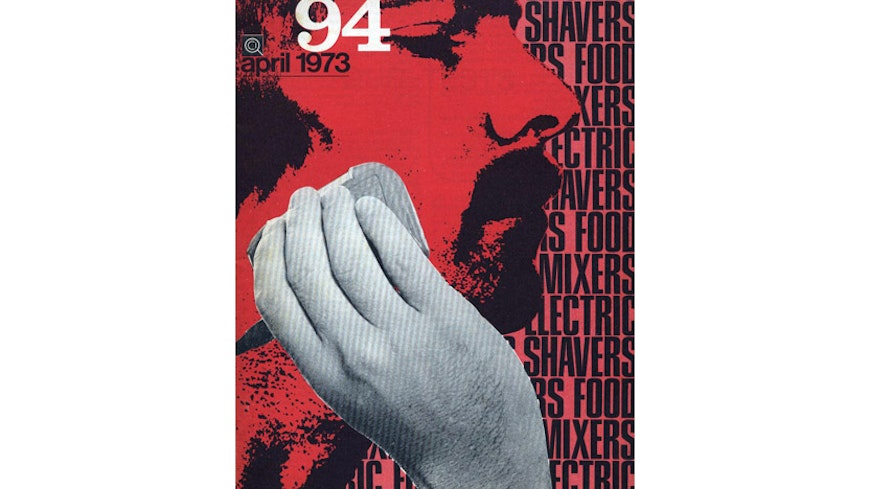
Pounds were on the way out and kilos were on the way (or should that be weigh) in. We advocated for manufacturers to use it as an opportunity to standardise weights and measures on packaging. We said it was virtually impossible for the average housewife to compare value-for-money when faced with 11¼ oz of one product at 27¢ and 9½ oz of a different brand at 22¢. There were 31 different-sized bottles being used by drink and cordial manufacturers in the North Island alone!
May 1974: Pram deaths
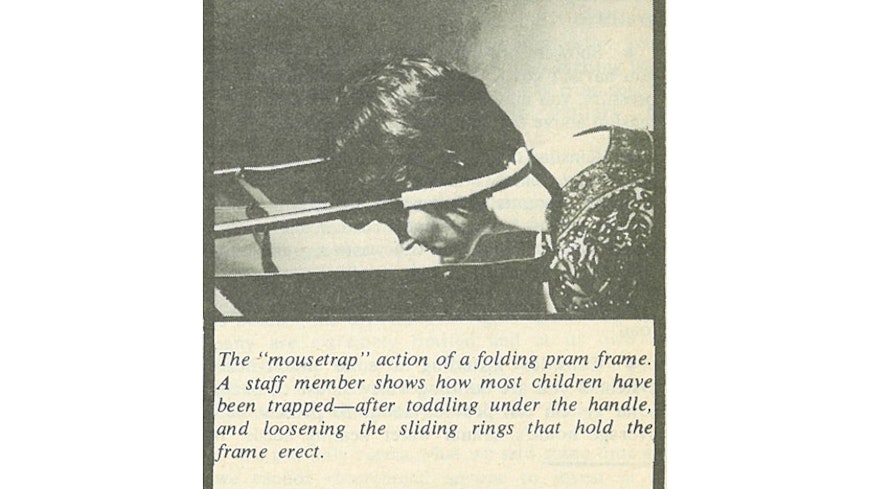
A spate of deaths from prams collapsing on infants spurred us to investigate the safety of these products. We found some were held upright only by sliding rings that could move, leading to the pram collapsing. We recommended using a dog clip to anchor the ring to a firm part of the pram frame, or asking the retailer to fit something similar.
March 1975: Pyramids fall down
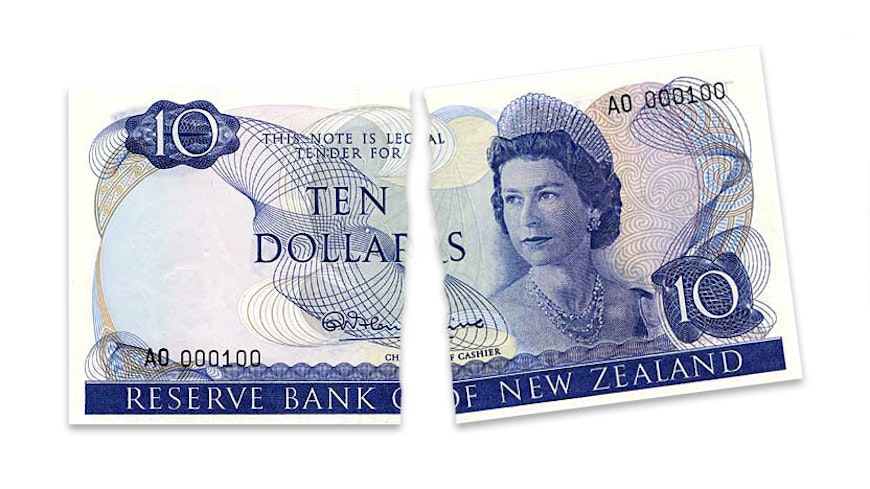
We warned the public about a pyramid scheme called Posipow. While big profits were possible for those getting in early, later investors were left high and dry. Many people lost large sums of money. We called for pyramid schemes to be regulated. One investor took Posipow to court, claiming the scheme was an illegal lottery under the Gaming Act 1908. He won his case, with the magistrate calling Posipow a “wicked swindle”.
September 1976: Meaty issue
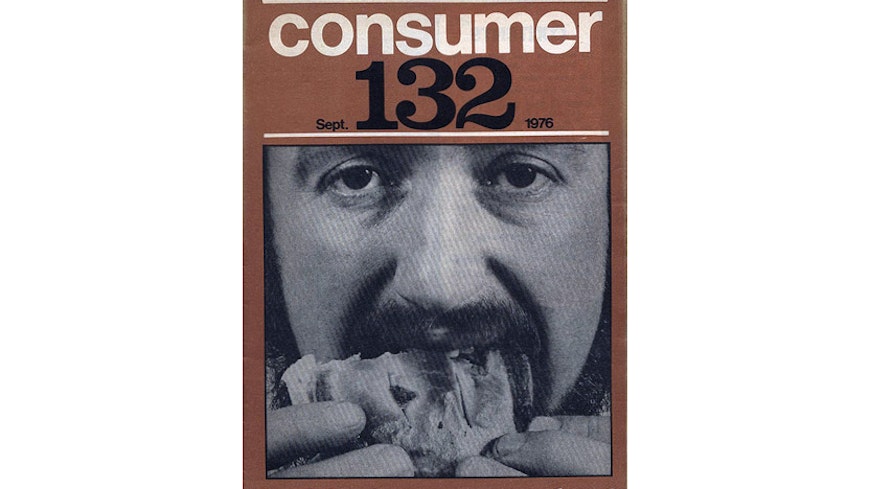
Our 1976 test of meat pies found several contained sizeable chunks of gristle and one pastry packed a centimetre-long piece of wood. The cooked meat content of the pies was, on average, about 20 percent – well below the Food and Drug Regulation that said the content should be no less than 25 percent. We were also concerned some labels didn’t list all the ingredients in the pie.
June 1977: Sunny side up?
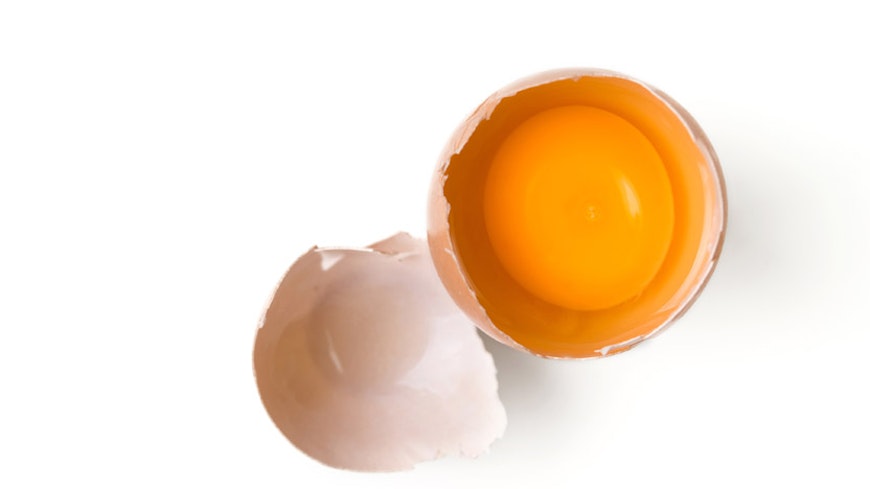
We tested eggs in the summer to see if quality deteriorated in warm weather. When we tested in September 1976, only four percent of farm eggs and less than seven percent of shop eggs had weak and watery whites – an indication they weren’t as fresh as they should have been. When we repeated our test in summer, these proportions increased five-fold. We recommended shop coolers be used, transport of the eggs to point of sale should be speedy and stock turnover managed to ensure quality eggs.
July 1977: What a waste
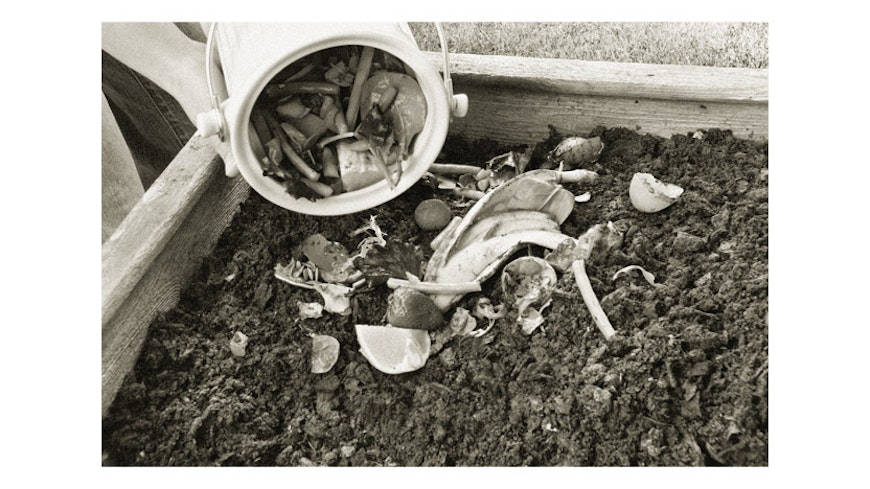
Our investigation found councils were doing a rubbish job of sorting reclaimable material from household waste. We advised people to compost food scraps and return glass bottles for recycling. Rag processors would pay for your old clothing. Schools would gladly receive computer paper and newspaper could be dropped off at collection centres. But plastic containers were only being collected for reprocessing in some parts of the country.
October 1977: Sales call
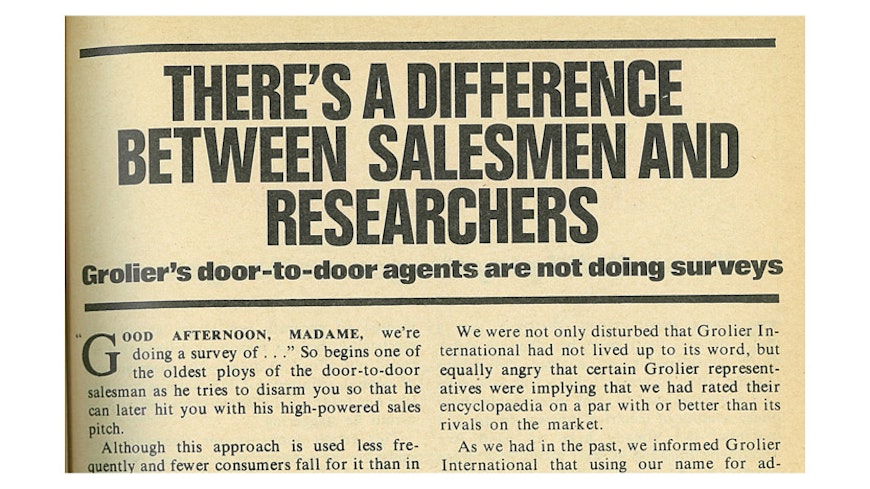
Encyclopedia sellers were using the classic – even back then – ploy of pretending to carry out a survey, then cornering an unwary consumer into a sale. To our disgust, one company implied we rated their encyclopedias on par, or better than, its rivals! We advised our members New Zealand libraries and reference services were more than adequate to cope with most of their information needs.
November 1977: The worst advertiser
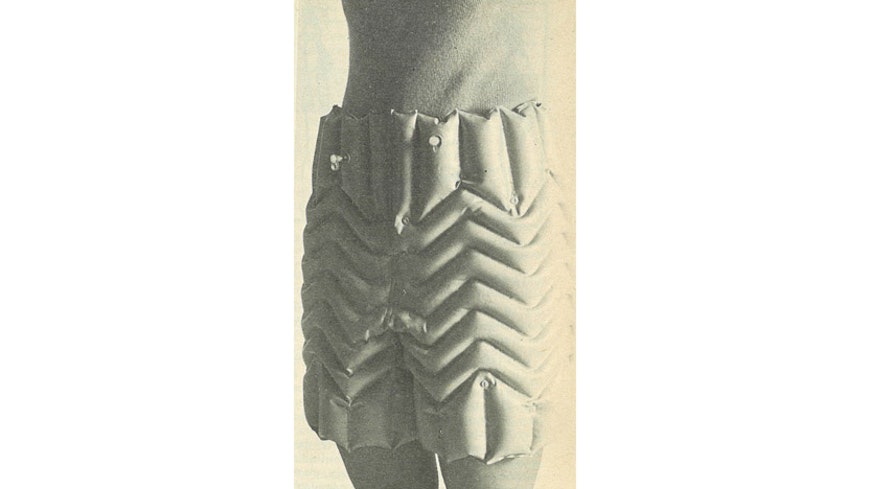
We declared Mr W.P. Larcomb of Rotorua the most dishonest advertiser in New Zealand history. Since 1971, we’d published 14 articles on untrue or misleading claims made in ads placed by one or other of Mr Larcomb’s enterprises. Trim Jeans (inflatable shorts) were one of his miracles advertised as “the space age slenderiser … lose 10 pounds in 10 days”. We found advertising controls to be a “toothless laughing stock” for failing to prevent Mr Larcomb’s antics.
December 1978: Bank hard sell
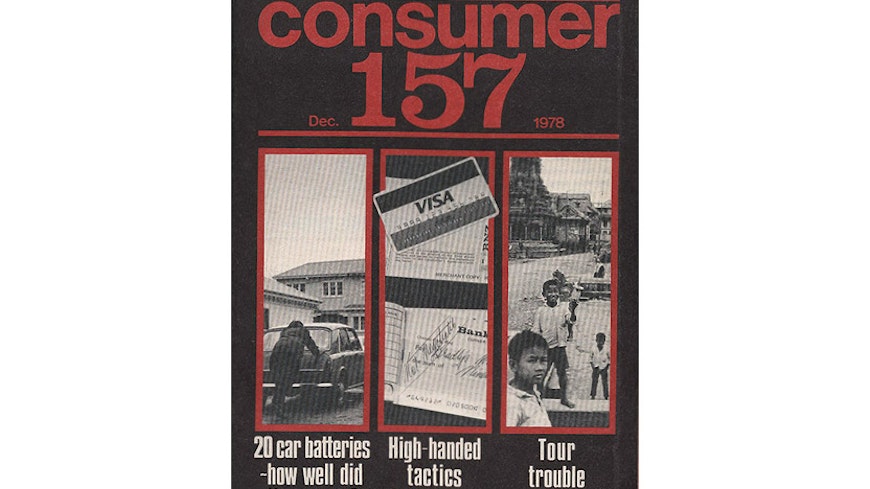
We criticised the tactics BNZ used for selling its Visa bankcard. In October 1978, it mailed 250,000 of these cards to customers who hadn’t asked for them. The cards were accompanied by an agreement that virtually instructed the recipient to accept the card. The pack included a replacement for the customer’s existing Nationwide card – but if the customer rejected the Visa card, they would think they were rejecting the Nationwide card too. This was one of the worst examples of hard-sell tactics we’d ever seen.